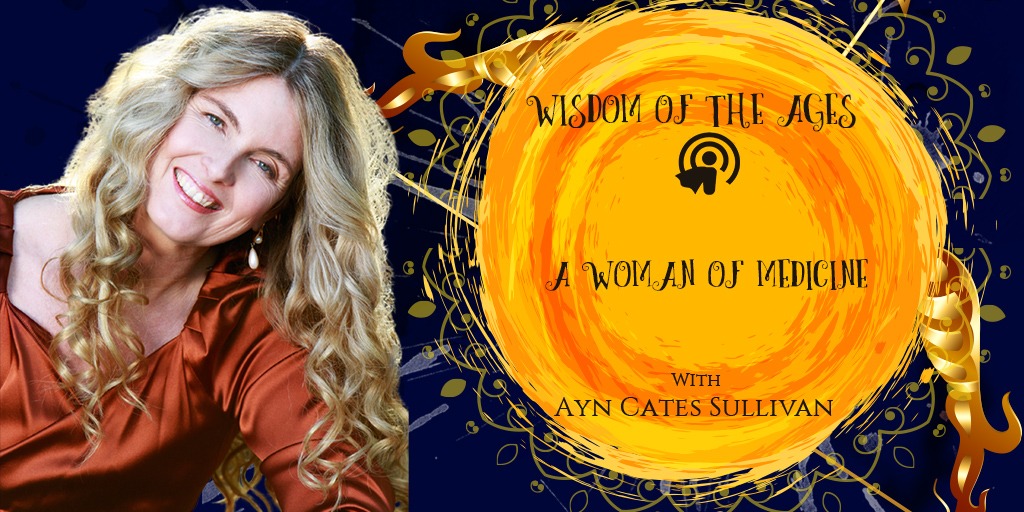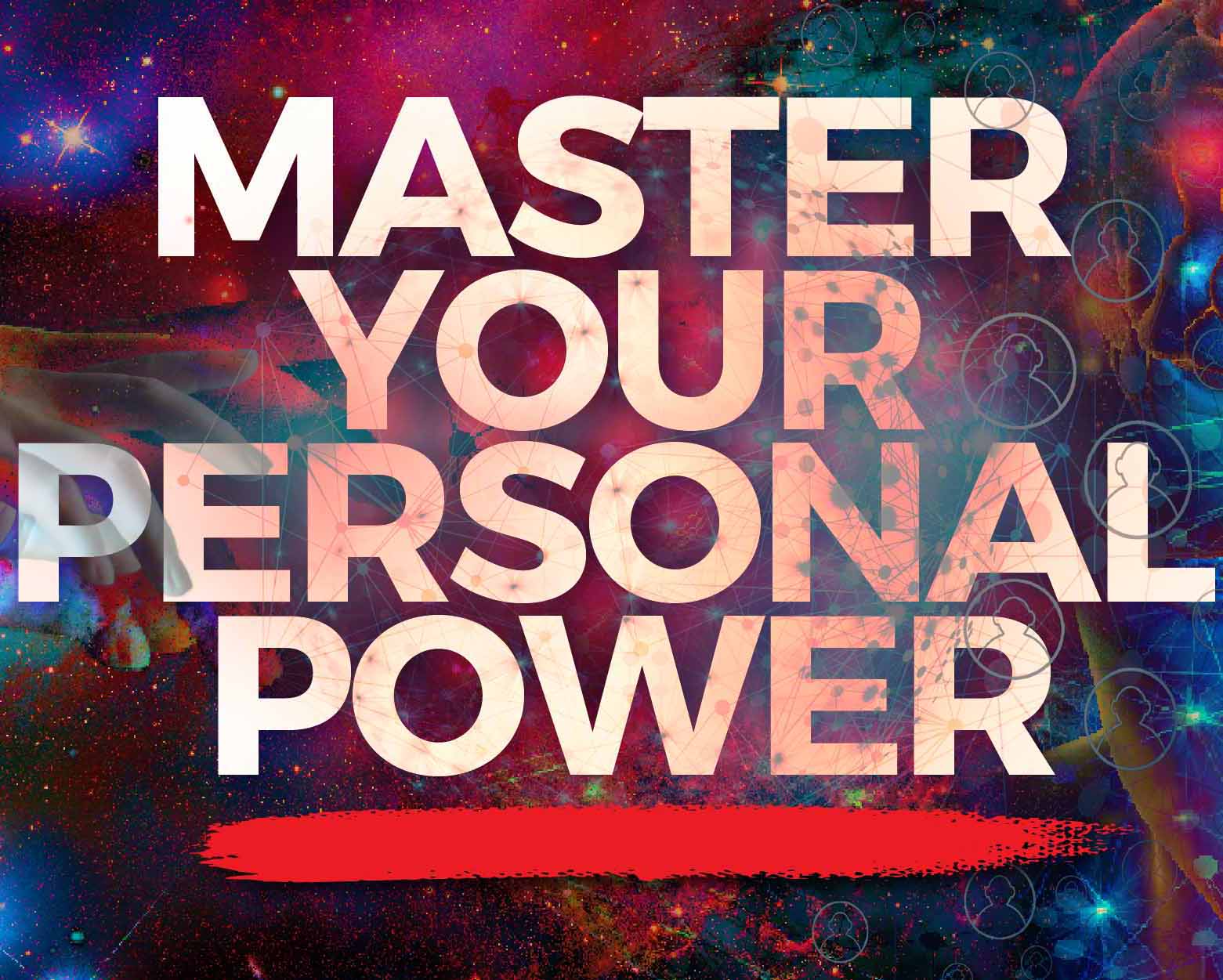 How does it feel to be a woman of medicine? What comes into your mind when you hear the word medicine? In this episode of Wisdom of Ages, host Ayn Cates Sullivan and guest Sarah Seidelmann MD delve deeper into the other aspects of medicine and the path of shamanism. Sarah is a doctor, a woman of medicine, and a shamanic mentor. She believes that things like art and music are medicines that can provide healing to an individual. Join Ayn and Dr. Sarah as they talk more about the medicine of spirit, discovering one’s indigenous roots, and cultural appropriation.
How does it feel to be a woman of medicine? What comes into your mind when you hear the word medicine? In this episode of Wisdom of Ages, host Ayn Cates Sullivan and guest Sarah Seidelmann MD delve deeper into the other aspects of medicine and the path of shamanism. Sarah is a doctor, a woman of medicine, and a shamanic mentor. She believes that things like art and music are medicines that can provide healing to an individual. Join Ayn and Dr. Sarah as they talk more about the medicine of spirit, discovering one’s indigenous roots, and cultural appropriation.
Ayn Cates Sullivan:
Welcome, mystical travelers. This is Ayn Cates Sullivan, host of Wisdom of the Ages, where we invite the sacred into modern-day reality. So each week, I offer stories, interviews, some spiritual monologues, to inspire, heal, and uplift the soul, and you can listen to many more episodes on superpowerexperts.com/wisdom-of-the-ages. And if you love mysticism and spirituality, you can find many tales to nourish your soul on my publishing website, infinitelightpublishing.com.
So let me tell you why you’re going to be excited about this episode. My guest today is a doctor, a woman of medicine, and a shamanic mentor. So I’ve been looking at her wonderful website, which is followyourfeelgood.com, and you can see her books and card deck. She’s got How Good Are You Willing To Let It Get? I want to find out more about that. She has a Pirate Academy, which looks fantastic, and Gets Sourced, an introduction to shamanism. So let’s find out more about Dr. Seidelmann. Thank you. Welcome to the show Dr. Seidelmann.
Dr. Seidelmann:
Thank you. It’s so great to be here.
Ayn Cates Sullivan:
So I want to know what does being a woman of medicine mean to you?
Dr. Seidelmann:
Yeah. Well, that phrase or that title came out last year. I was kind of in this process of redoing my website, and whenever you have to do that, you sort of look at what you’re doing and how you’re doing it and wanted to sort of have like, “What is it you’re doing?” They kept asking me like, “What is it you do?” And when I was putting that out to a lot of people, I got a lot of feedback that, “You’re a medicine woman,” and of course, that brought up all kinds of things about cultural appropriation, and that term, it resonates with me in the sense that I understand what that is and I have a lot of reverence for that and yet, I don’t feel like that was the word that I wanted to put forward.
And just out of sensitivity. I do consider myself, so my husband came up with this term, he’s like, “Well, why couldn’t you call yourself,” he was like, “A woman of medicine?” And I was like, “Wow, I’ve never heard that phrase before,” but the more and more I sat with it, I was like, “Yeah!” Because my background is allopathic medicine, I’m a fourth-generation physician, it’s been in my family for all these years and generations, and yet, I left that path to kind of pursue this different kind of medicine, this medicine of spirit if you will, and I think art is medicine, and music is medicine. And I just, I’ve come to this place where I just feel like there are so many medicines, and yes, I would like to be a woman of all those medicines. So that’s kind of where it came from.
Ayn Cates Sullivan:
And why can’t you be a woman of medicine? I mean, in the Celtic tradition, I’m more in the Celtic tradition, there are medicine women in the Celtic tradition.
Dr. Seidelmann:
Yes, I agree. I mean, I think we’re just in this time where there’s been so much trauma, and where I live. I live on land that was stolen from Anishinaabe people who were living peacefully before we colonizers came along. And I think so it’s sort of like trying to find a harmonious way to describe ourselves, I guess that’s how I landed on it. But I think it’s wonderful that the best way to avoid any kind of cultural appropriation is to explore your own traditional, your own roots, especially if you have Celtic roots.
I remember watching, I had a really beautiful moment years ago when Standing Rock was happening. And I remember one beautiful day, it was like all these people had come from all over the world from different tribes and different cultures, and one of them was the Sámi people, and it was this beautiful women and men who were sitting, and speaking, and singing, praying over the people that were at Standing Rock. And for the first time, I was like, “They look like me,” because of course, I come from Norway, and that’s one of the big parts of my background, and I suddenly realized that, I have no idea if I went back far enough, would I be Sámi? Would I have any Indigenous roots there? I don’t know, but it just made me realize that Indigenous doesn’t look one way, and there’s just all these words that we have that can be, I guess it’s just trying to find a way to express ourselves, but also by creating harmony with everyone as much as possible.
Ayn Cates Sullivan:
That’s true. That’s so beautiful. It’s really true. So I just need to take a really quick ad break. I know afterward, you’re going to pick a card for us towards the end, so we can find out something about your cards, so I’m looking forward to that. And meanwhile, where can people find out more about you and your courses, and your shamanic mentoring programs?
Dr. Seidelmann:
You can go to followyourfeelgood.com, and there if you subscribe, you’ll get free access to a guided meditation where I drum for you to help you find your core beastie, or what I like to think of your sort of that spiritual guide that’s in animal form.
Ayn Cates Sullivan:
Oh, I love that, I love that. Okay. Are we going to find out some more about your totem animals afterward, after the break?
Dr. Seidelmann:
For sure, let’s talk about the beasties. Yes.
Ayn Cates Sullivan:
Oh, good. Okay. So when we come back from this short break, we’re going to talk more about medicine and the path of shamanism stay tuned. We’ll be right back.
To listen to the entire show click on the player above or go to the SuperPower Up! podcast on iTunes.
Podcast: Play in new window




